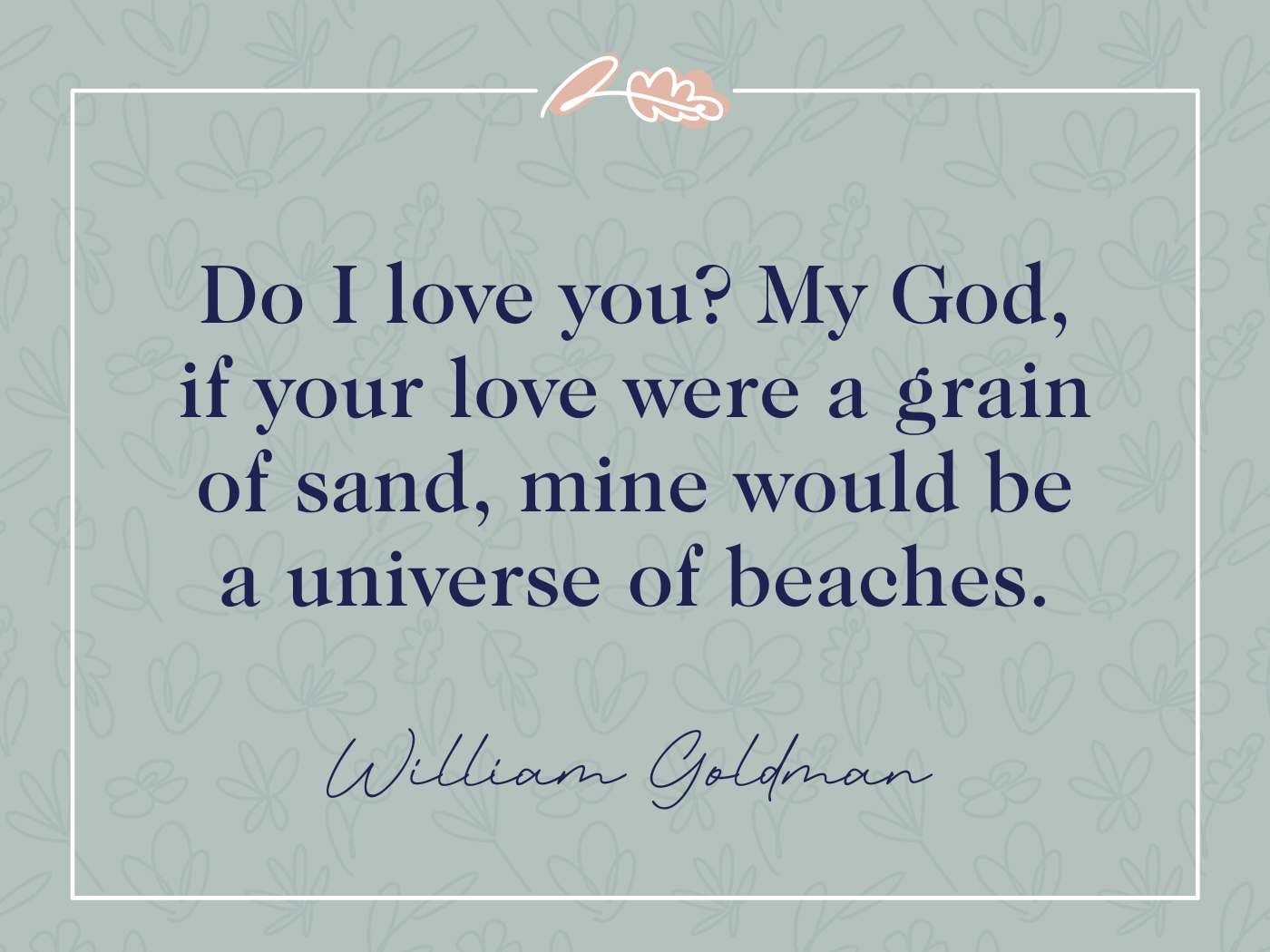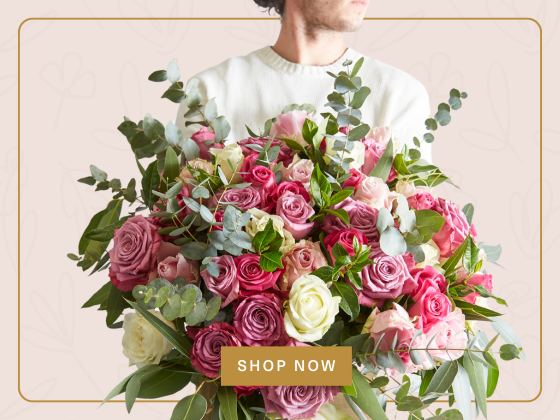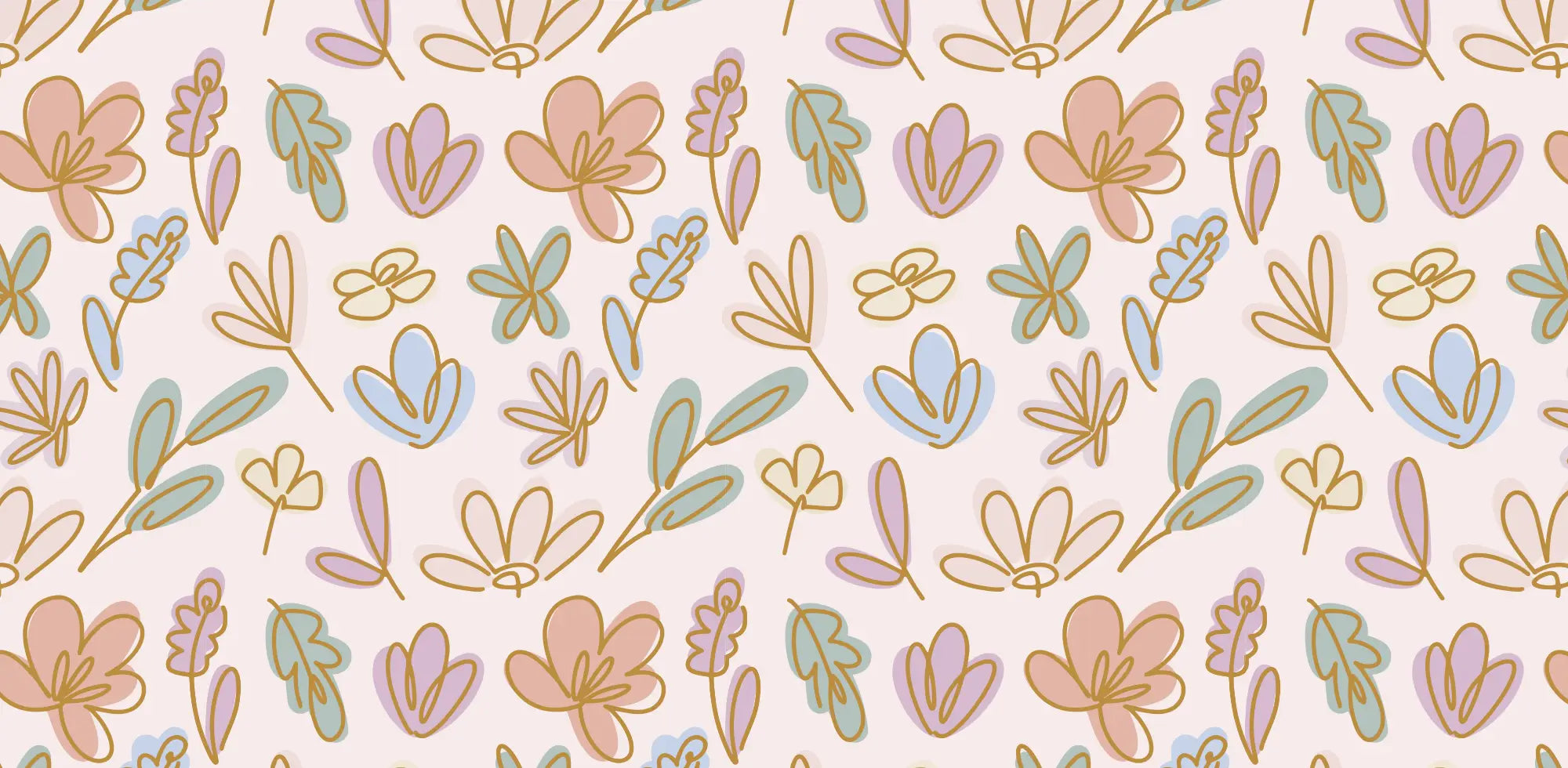In the garden of life, love blooms like a delicate flower, its fragrance permeating the air and touching our hearts. Throughout all the ages, poets, philosophers, and dreamers have sought to capture the essence of love through the beauty and power of flowers. This exploration of flower fragrance and love quotes will take you on a journey through the entire universe of romance, from the first flutter of falling in love to the enduring bond of true love, where one person's love for one lifetime stands unparalleled and irreplaceable among all the world.
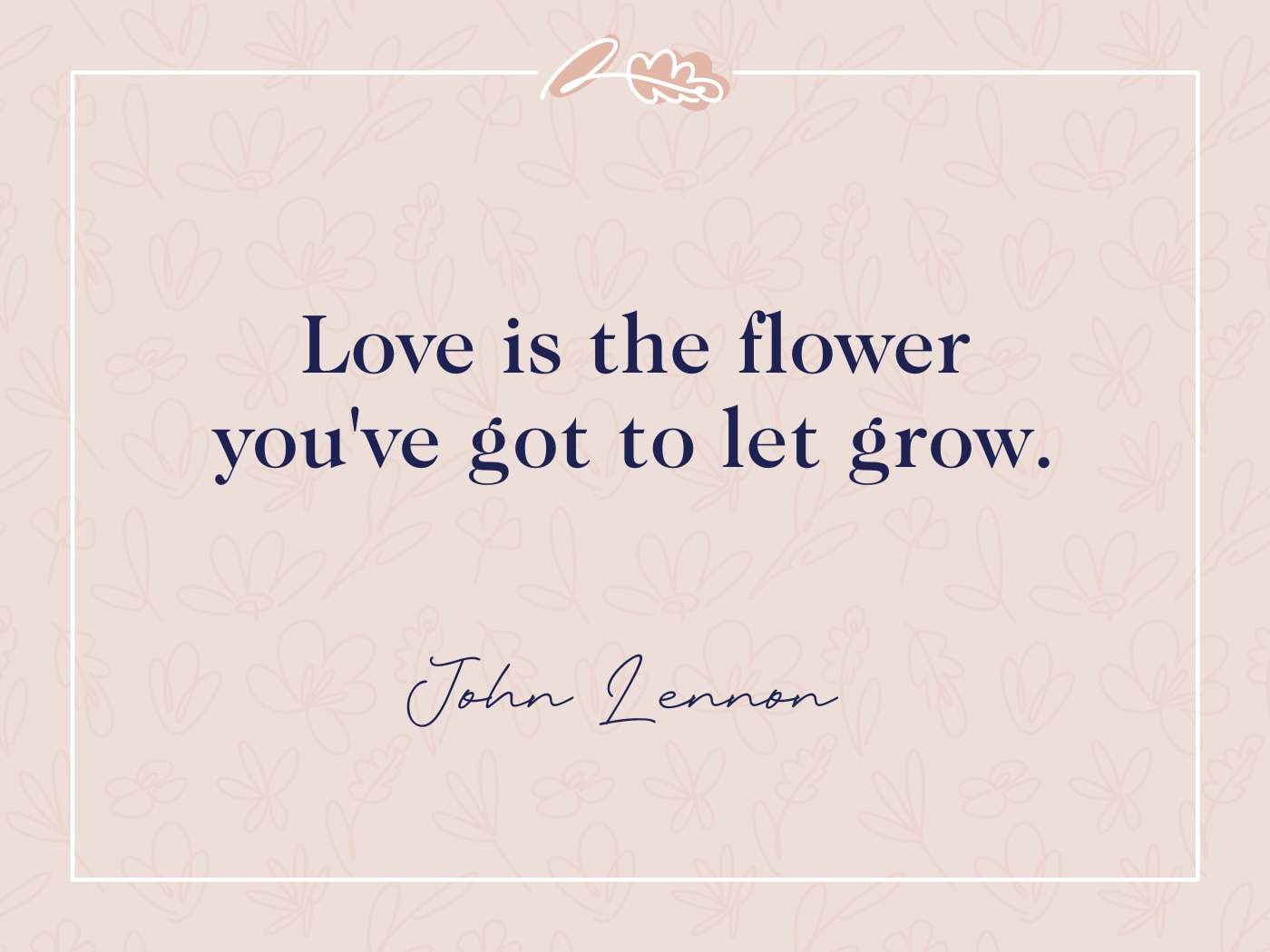
Flower Fragrance and Love Quotes: The Blossoming of Love
Love, like a flower, begins with a seed of attraction. It grows, nurtured by care and attention, until it blossoms into something beautiful. As John Green eloquently puts it, “I fell in love the way you fall asleep: slowly, and then all at once.” The intense emotional experience of falling in love can make you fall asleep because reality is more beautiful than dreams. This sentiment captures the gradual yet sudden nature of falling in love, much like how a flower slowly grows before suddenly bursting into bloom.
The journey of love is not always smooth, but as Bob Marley reminds us, “He’s not perfect. You aren’t either, and the two of you will never be perfect. But if he can make you laugh at least once, causes you to think twice, and if he admits to being human and making mistakes, hold onto him and give him the most you can.” This quote speaks to the imperfect yet beautiful nature of love, much like how even the most stunning flowers have their flaws.
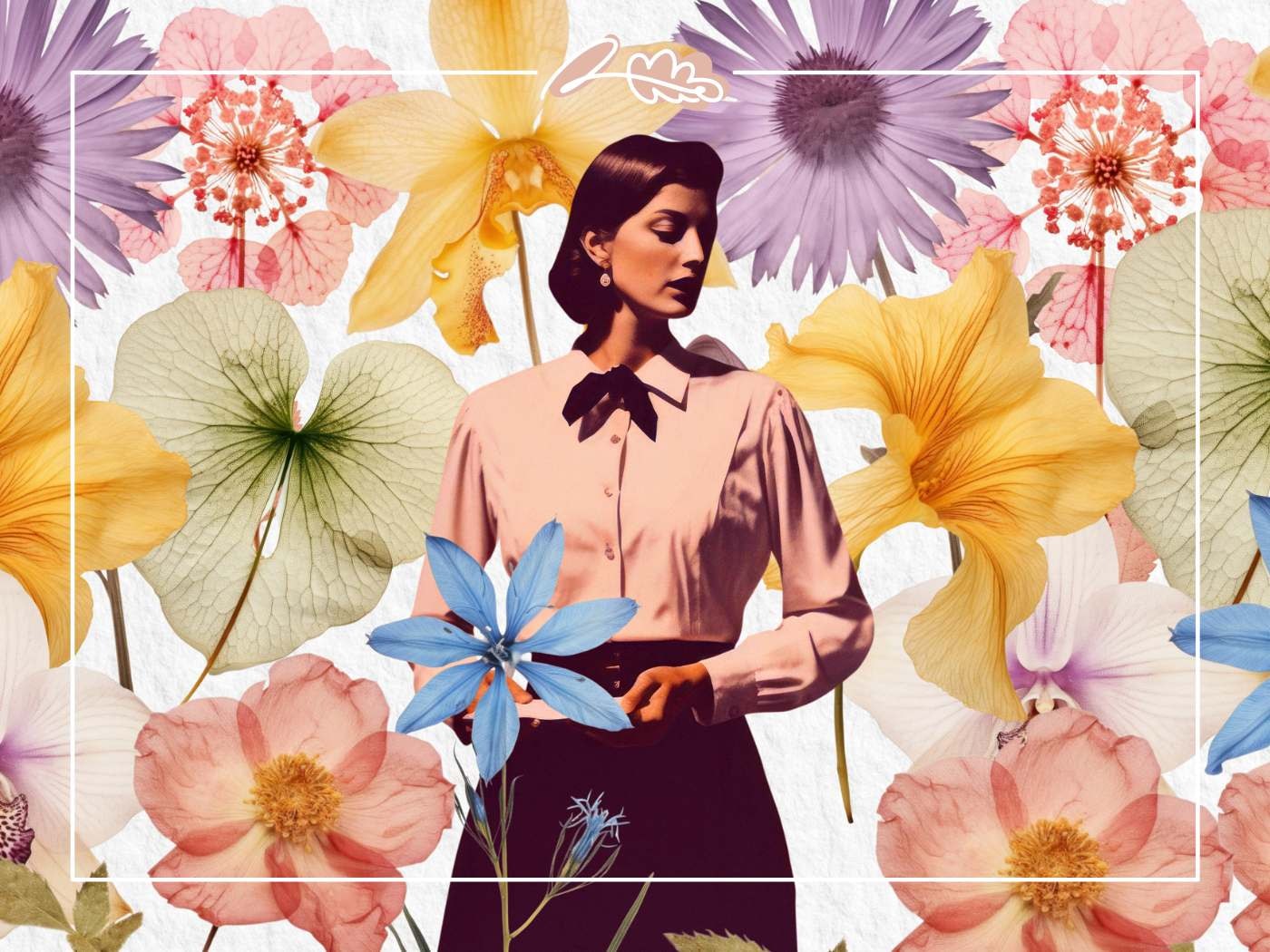
The Flower Fragrance of True Love
True love, like the most exquisite flower fragrance, has the power to intoxicate and transform. It can make us see the whole world in a new light. As F. Scott Fitzgerald wrote in “The Great Gatsby,” “I only hope that she’ll be a fool – that’s the best thing a girl can be in this world, a beautiful little fool.” While this quote may seem controversial today, it speaks to the transformative power of love and how it can make us feel foolish in the best possible way.
Maya Angelou beautifully captures the essence of love’s vulnerability: “Have enough courage to trust love one more time and always one more time.” Like a delicate flower that opens its petals despite the risk of harm, love requires bravery and trust. Being deeply loved provides inner strength while loving someone deeply gives you courage and instils a sense of courage.
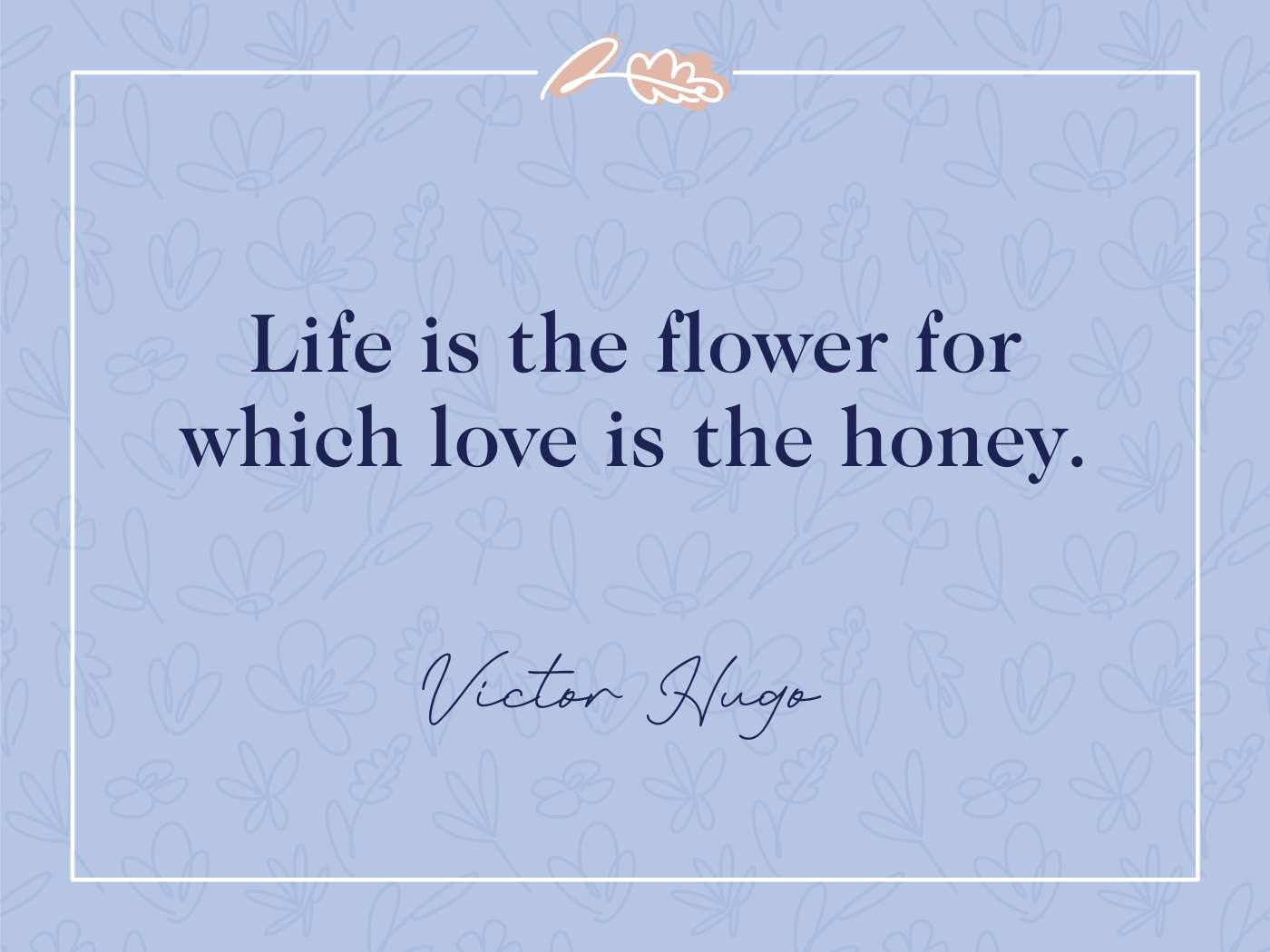
The Garden of True Soul Mates
The concept of a soulmate has captivated hearts for centuries. It’s the idea that somewhere in this vast universe, there’s one person who completes us, much like how certain flowers complement each other perfectly in a garden. Paulo Coelho expresses this beautifully in “The Alchemist”: “When you want something, all the universe conspires in helping you to achieve it.” This quote speaks to the cosmic nature of finding one’s true soulmate.
Elizabeth Gilbert offers a more grounded perspective on soulmates in “Eat, Pray, Love”: “People think a soul mate is your perfect fit, and that’s what everyone wants. But a true one possibly a soul mate, is a mirror, the person who shows you everything that is holding you back and brings you to your own attention so you can change your life.” This view suggests that a soulmate, like a perfectly tended garden, helps us grow and flourish. In this way, love can be seen as a garden forever, flourishing endlessly like a garden in bloom.
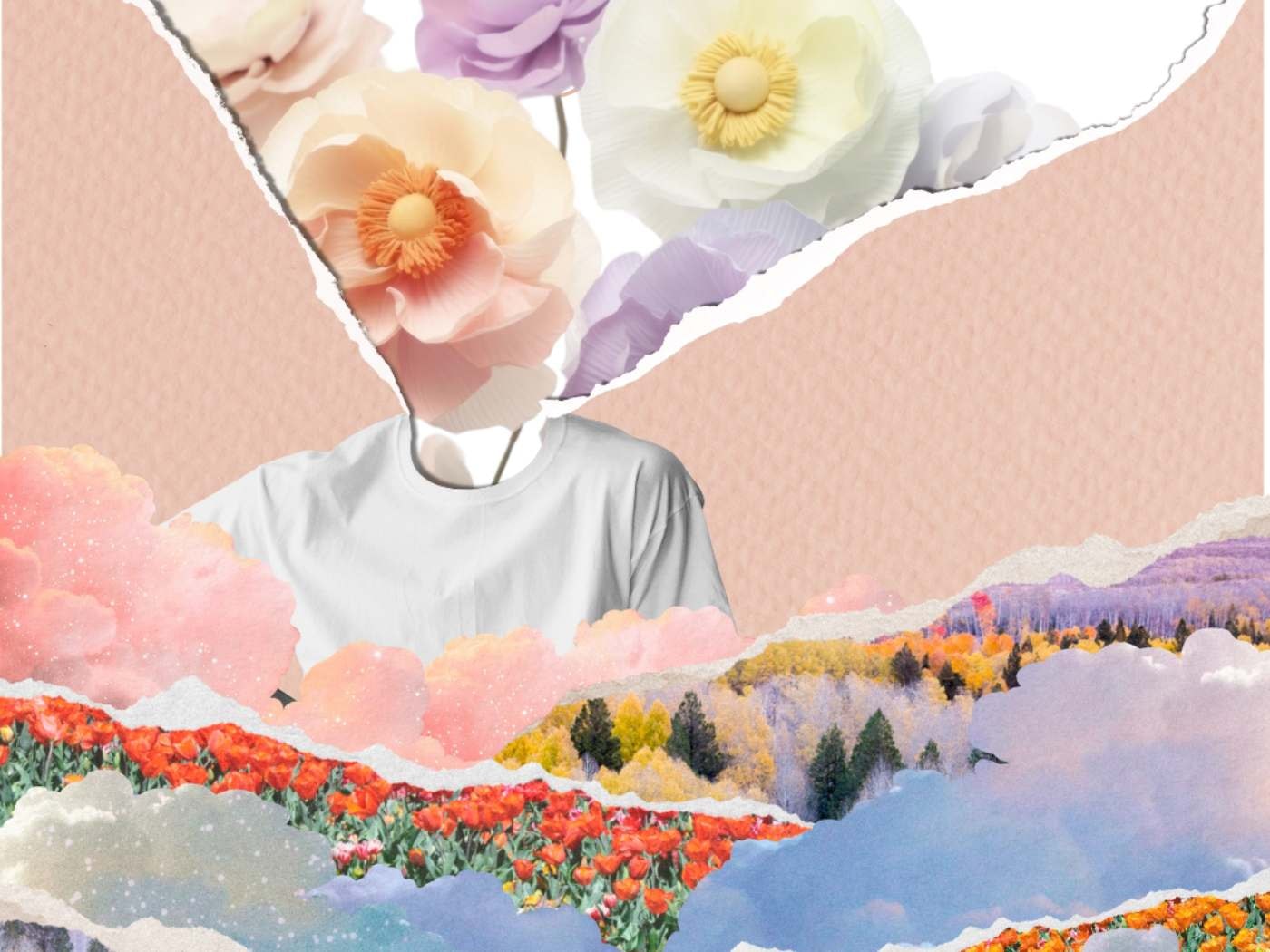
Love's Eternal Bloom
True love, like a perennial flower, has the power to bloom again and again, withstanding the harshest seasons. William Shakespeare, the master of love poetry, captures this in “A Midsummer Night’s Dream”: “Love looks not with the eyes, but with the mind, And therefore is winged Cupid painted blind.” This quote reminds us that true love sees beyond physical appearance, much like how we appreciate a flower not just for its visual beauty but for its fragrance and the emotions it evokes.
Jane Austen, in “Pride and Prejudice,” writes, “In vain I have struggled. It will not do. My feelings will not be repressed. You must allow me to tell you how ardently I admire and love you.” This passionate declaration speaks to the irresistible desire and nature of love, like a bee drawn to the sweetest flower.
The Language of Flowers
Flowers have their own language, each bloom carrying a unique meaning. This language of flowers, or floriography, became especially popular in the Victorian era. Red roses, for instance, symbolise romantic love, while forget-me-nots represent true love and memories.
Victor Hugo beautifully connects flowers to the essence of life and love: “Life is the flower for which love is the honey.” This quote suggests that love is the sweetest part not the essence of life, much like how honey is the essence of a flower. However, love does not suffer a natural death; it deteriorates due to neglect, misunderstandings, or emotional wounds.
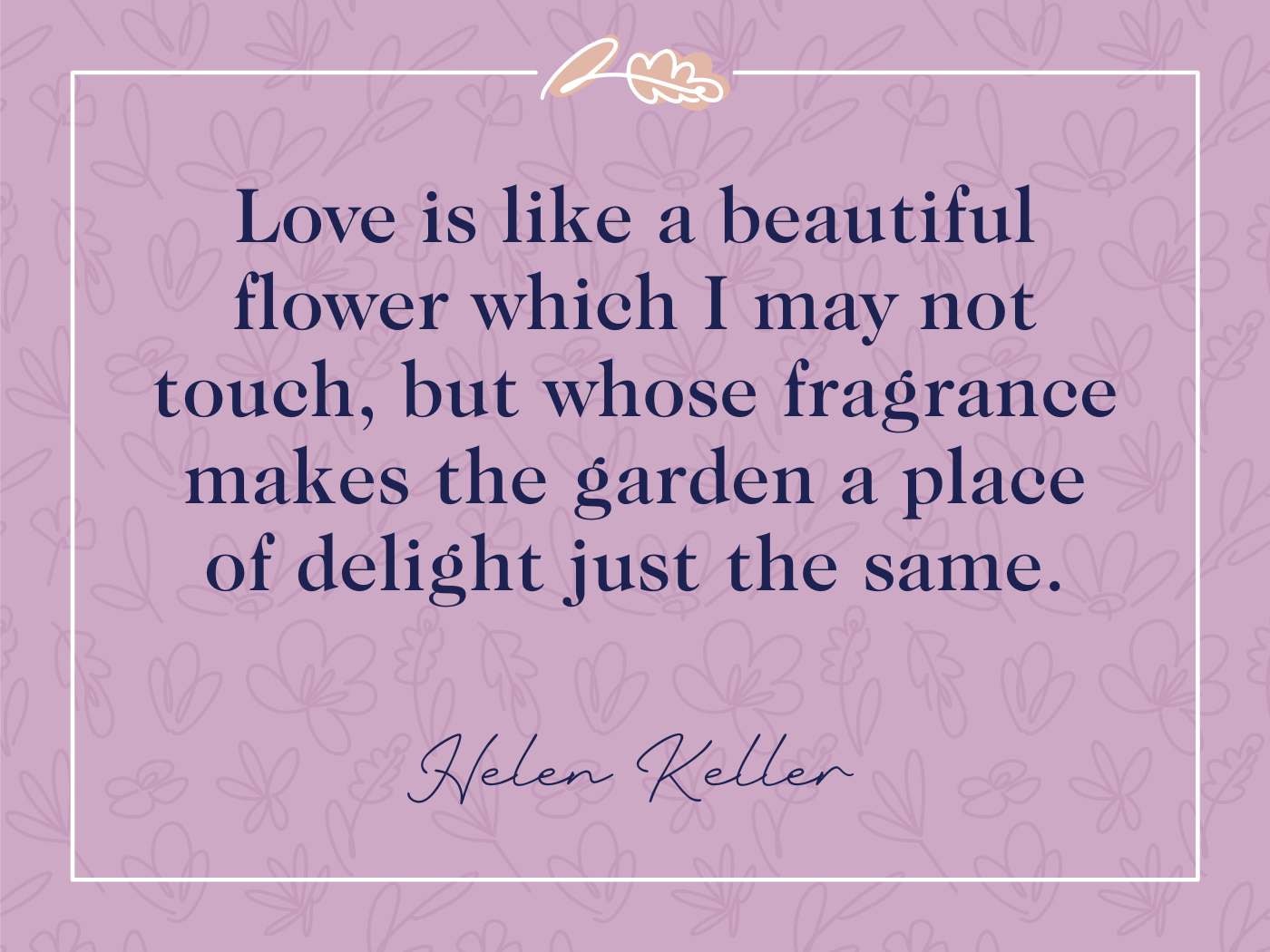
Love's Fragrant Wisdom
Throughout history, great thinkers have shared their insights on love, often using floral metaphors. Henry David Thoreau, known for his solitary life at Walden Pond, still recognised the power of love: “There is no remedy for love but to love more.” His words remind us that love, like a flourishing garden, grows when nurtured.
Martin Luther King Jr., while primarily known for his civil rights activism, also spoke beautifully about love: “Love is the only force capable of transforming an enemy into a friend.” This quote speaks to the transformative power of love, much like how a barren land can be transformed into a lush garden with care and attention. Love makes the ride worthwhile, enriching life's experiences and adding profound meaning to our journey.
The Thorns of Love
Love, like a rose, has its thorns. But it’s these challenges that often make love stronger. As Rumi wisely said, “The wound is the place where the Light enters you.” This profound statement reminds us that even the painful aspects of love can lead to growth and enlightenment. Love's vulnerable nature requires emotional openness and the willingness to face the inherent risks involved in loving someone.
Nicholas Sparks, in “The Notebook,” writes, “So it’s not gonna be easy. It’s going to be really hard; we’re gonna have to work at this every day, but I want to do that because I want you. I want all of you, forever, every day. You and me… every day.” This quote acknowledges the challenges of love while affirming its worth, much like how a gardener works hard every day to maintain a beautiful flower bed.
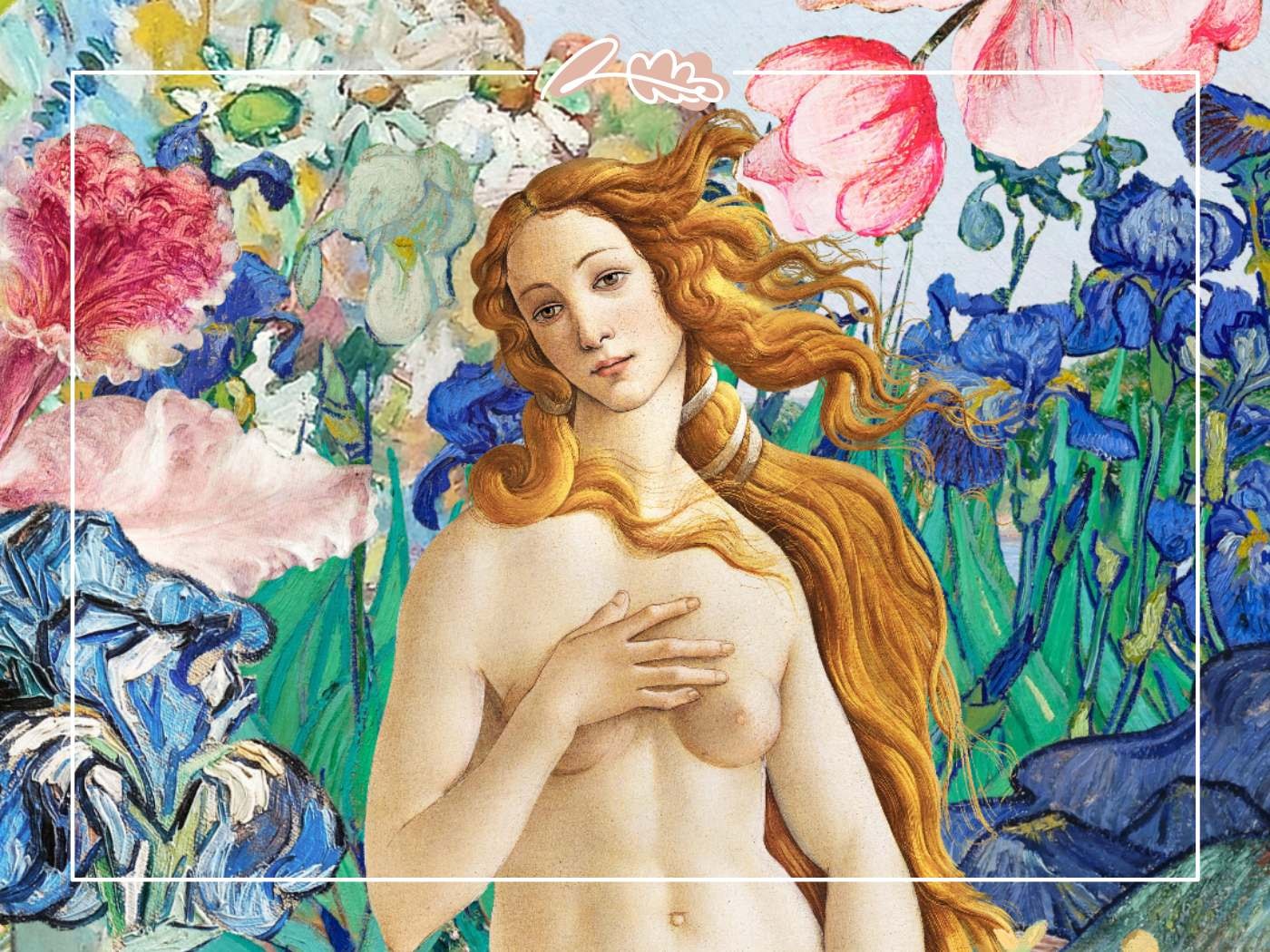
Love's Timeless Nature
Love has been a central theme in literature and art throughout all the ages. From ancient myths to modern rom-coms, love stories continue to captivate us. As Leo Tolstoy wrote in “Anna Karenina,” “All, everything that I understand, I understand only because I love.” This quote suggests that love enhances our perception and understanding of the world, much like how a flower’s fragrance can enhance our experience of a garden.
In “The Princess Bride,” William Goldman writes, “Do I love you? My God, if your love were a grain of sand, mine would be a universe of beaches.” This hyperbolic declaration speaks to the immeasurable nature of love, as vast and diverse as all the flowers in the world. Love is about sharing every moment and experience together throughout our whole life, illustrating that it is not just a fleeting emotion but a lifelong journey of companionship.
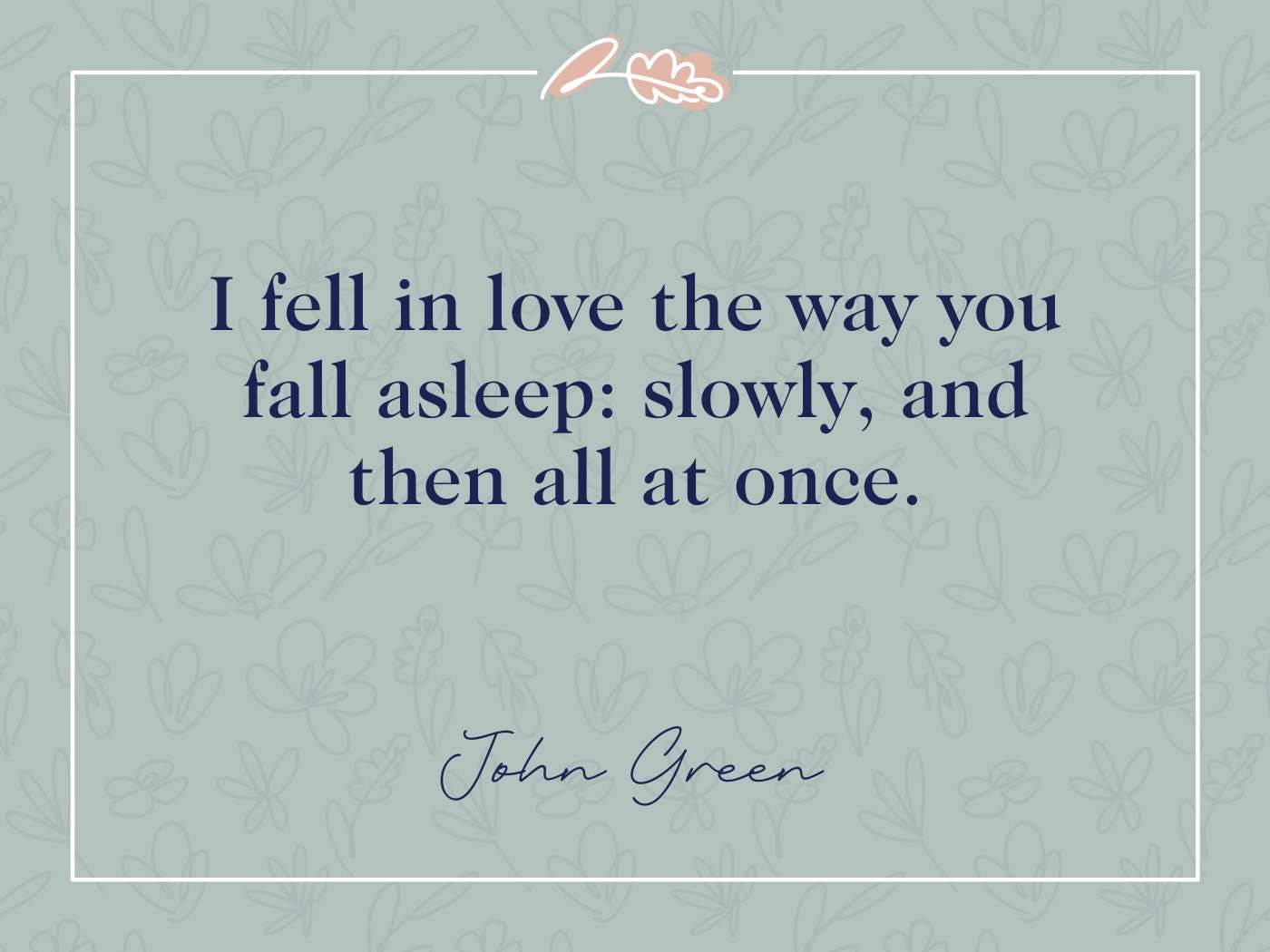
The Chemistry of Falling in Love
Love, like the complex chemistry of a flower’s fragrance, is a blend of various elements. Psychological studies have shown that falling in love activates the same neural receptors as certain addictive drugs, explaining why love can feel so intoxicating. This scientific perspective adds depth to our understanding of love, complementing the poetic and philosophical views.
Dr. Helen Fisher, a renowned anthropologist, describes love as “one of the most powerful brain systems on Earth for both great joy and great sorrow.” This description aligns with the dual nature of flowers - their beauty can bring joy, but their thorns can cause pain. Love has the power to entice the soul from its reclusive state, a phenomenon often referred to as a 'soul crawl,' awakening deeper emotions and bringing one out of solitude.
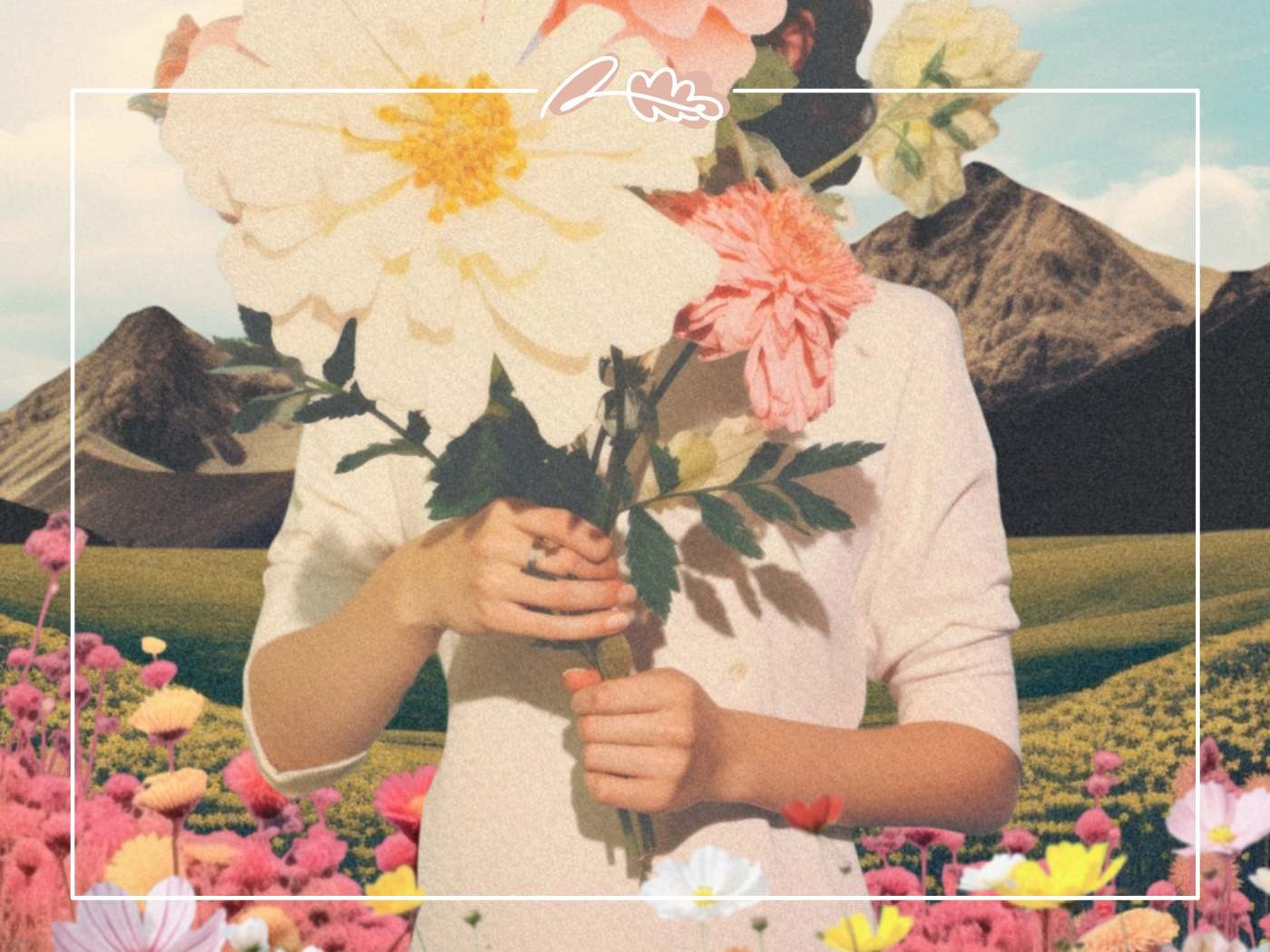
Love in the Digital Age
In our modern world, the landscape of love has changed. Online dating and social media have transformed how we meet and interact with potential partners. Yet, the essence of love remains the same. As Aziz Ansari humorously notes in his book "Modern Romance," "Finding someone today is probably more complicated and stressful than it was for previous generations—but you're also more likely to end up with someone you're really excited about." This modern perspective reminds us that while the methods may change, the heart of love remains constant, much like how flowers continue to bloom regardless of technological advances.
The Ecology of Love
Love, like a thriving ecosystem, requires balance and mutual support. In "Captain Corelli's Mandolin," Louis de Bernières writes, "Love is a temporary madness. It erupts like an earthquake and then subsides. And when it subsides you have to make a decision. You have to work out whether your roots have become so entwined together that it is inconceivable that you should ever part." This ecological metaphor beautifully captures the intertwined nature of a deep, lasting love.
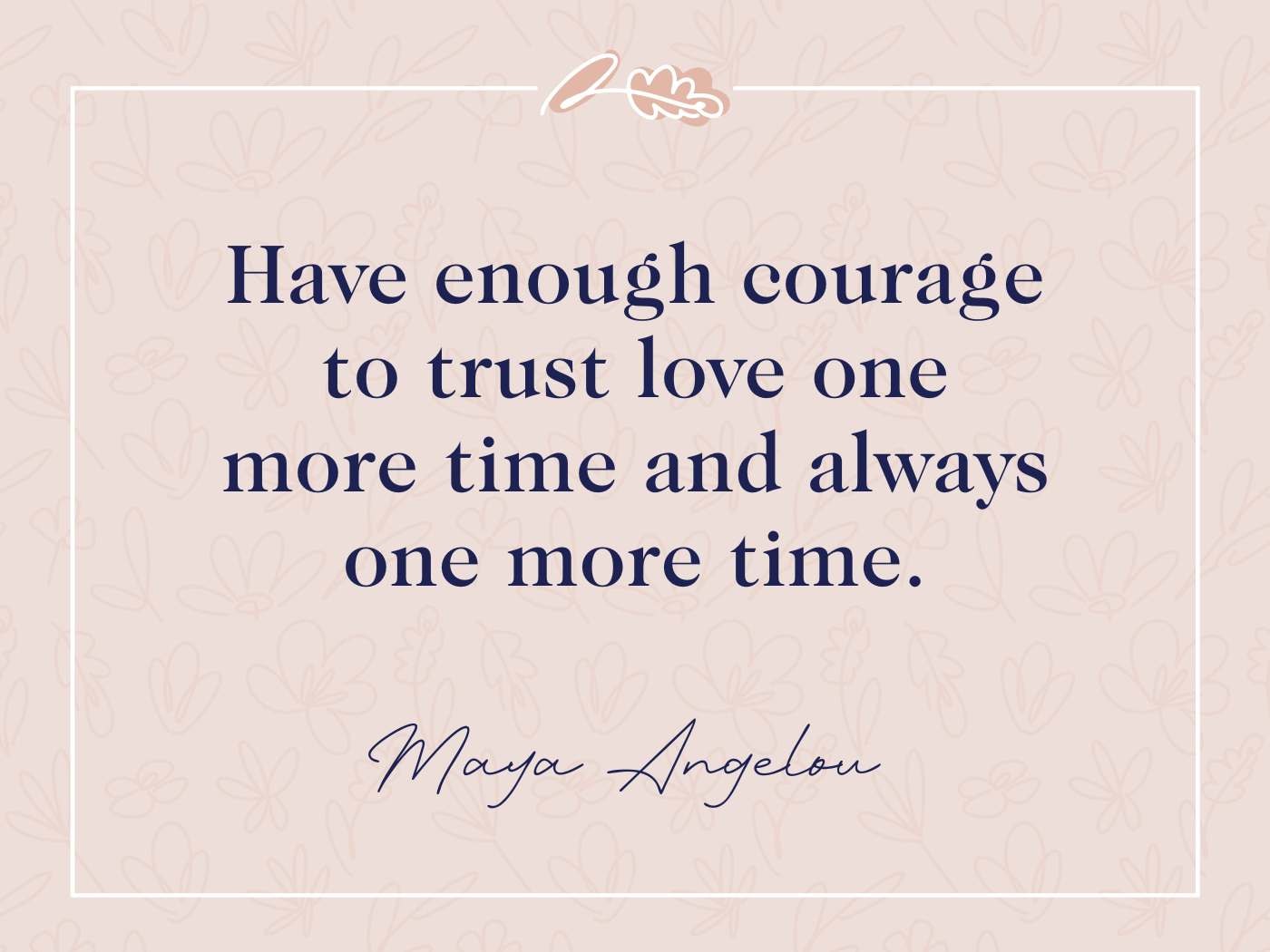
Love's Seasonal Nature
Just as flowers bloom in different seasons, love too has its seasons. There are times of vibrant growth, times of dormancy, and times of renewal. Scott Peck, in "The Road Less Traveled," writes, "Love is not a feeling. Love is an action, an activity... Genuine love implies commitment and the exercise of wisdom." This perspective encourages us to actively nurture our relationships, much like how a gardener tends to their flowers through all seasons.
The Poetry of Love
Poetry has long been a medium for expressing the ineffable qualities of love. E.E. Cummings writes, "i carry your heart with me(i carry it in all my life and heart)," a line that speaks to the all-encompassing nature of love. This sentiment is echoed in the way a flower's fragrance can linger with us long after we've left the garden.
Pablo Neruda, known for his passionate love poetry, writes in "Sonnet XVII," "I love you without knowing how, or when, or from where. I only love you simply, without problems or pride: I love you in this way because I do not know any other way of loving but this, in which there is no I or you, so intimate that your hand upon my chest is my hand, so intimate that when I fall asleep your eyes close." This beautiful verse captures the all-consuming nature of love, much like how a flower's fragrance can envelop us completely.
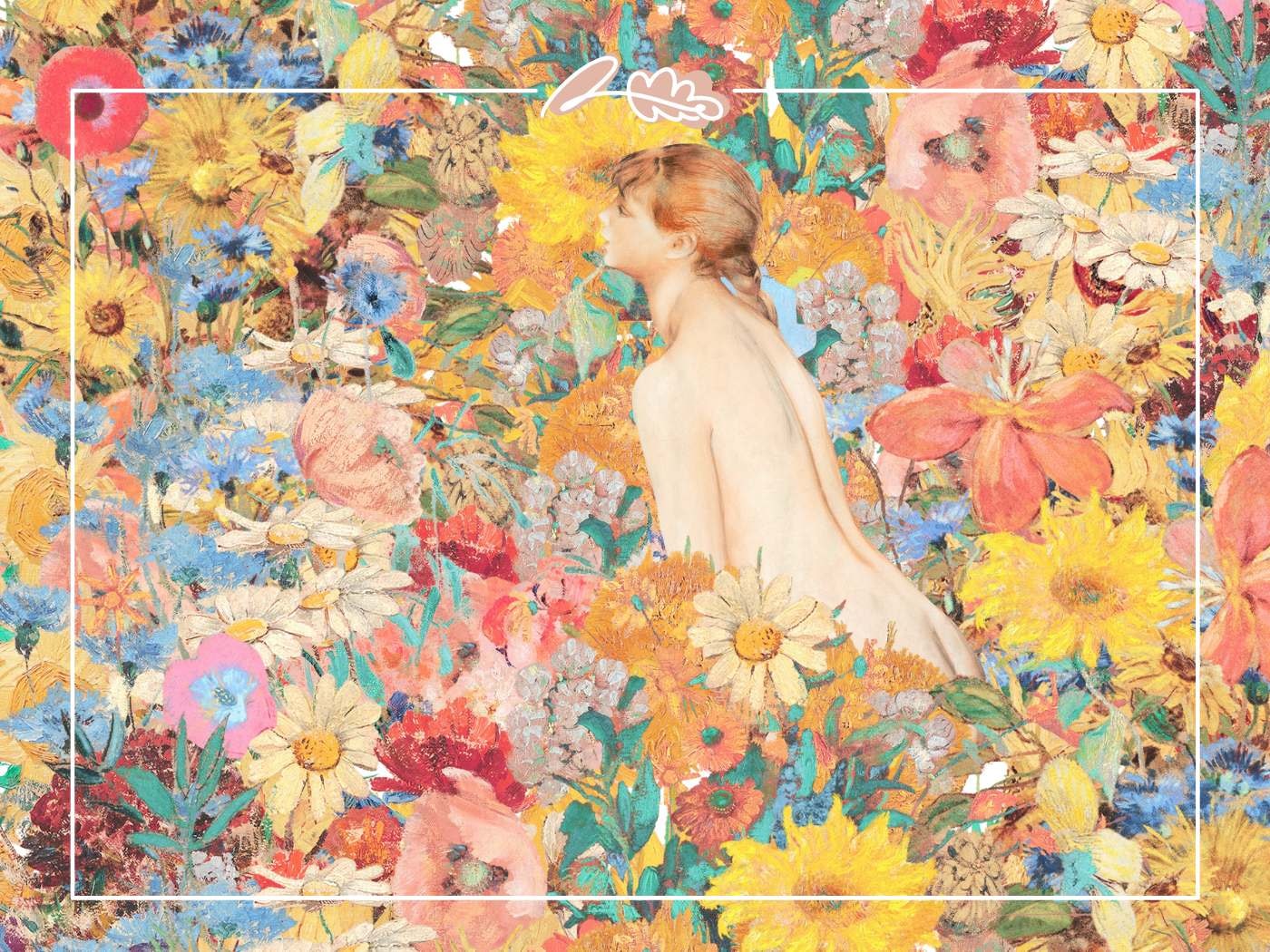
The Philosophy of Love
Philosophers throughout history have grappled with the concept of love. Plato, in his "Symposium," presents the idea that humans were originally created with four arms, four legs, and two faces. Fearing their power, Zeus split them into two separate parts, condemning them to spend their lives in search of their other halves. This myth speaks to the deep-seated human desire for a soulmate, a perfect complement to our being.
Friedrich Nietzsche offers a more challenging view of love: "There is always some madness in reality is finally better than in love. But there is also always some reason in madness." This quote acknowledges the irrational aspects of love while also suggesting that even in its seeming madness, love serves a purpose.
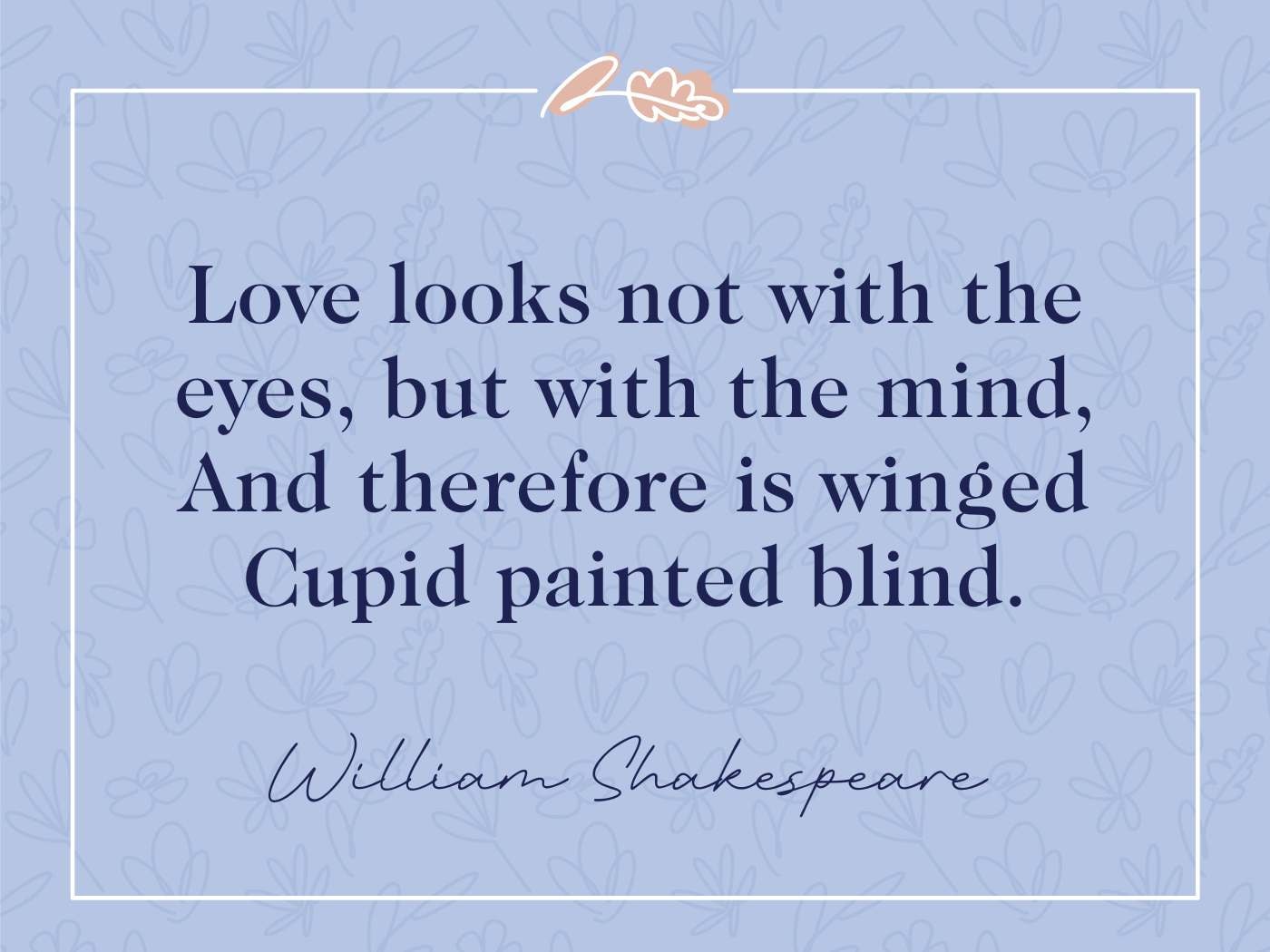
Love in Art
Artists have long been inspired by love, often using flowers as symbols in their work. Vincent van Gogh's sunflowers, Georgia O'Keeffe's magnified blooms, and Claude Monet's water lilies all speak to the profound connection between love, beauty wonderful life, and nature.
Gustav Klimt's "The Kiss" is a prime example of how love has been depicted in art. The embracing couple, adorned with flowers and wrapped in a golden aura only light, embodies the transcendent nature of love.
The Science of Attraction
While love may feel magical, there's also a scientific basis to attraction. Pheromones, chemical signals released by animals, play a role in attraction for many species. While the existence of human pheromones is still debated, the idea that invisible chemical signals could influence attraction is intriguing. It's not unlike how a flower's fragrance, invisible yet powerful, can draw us in.
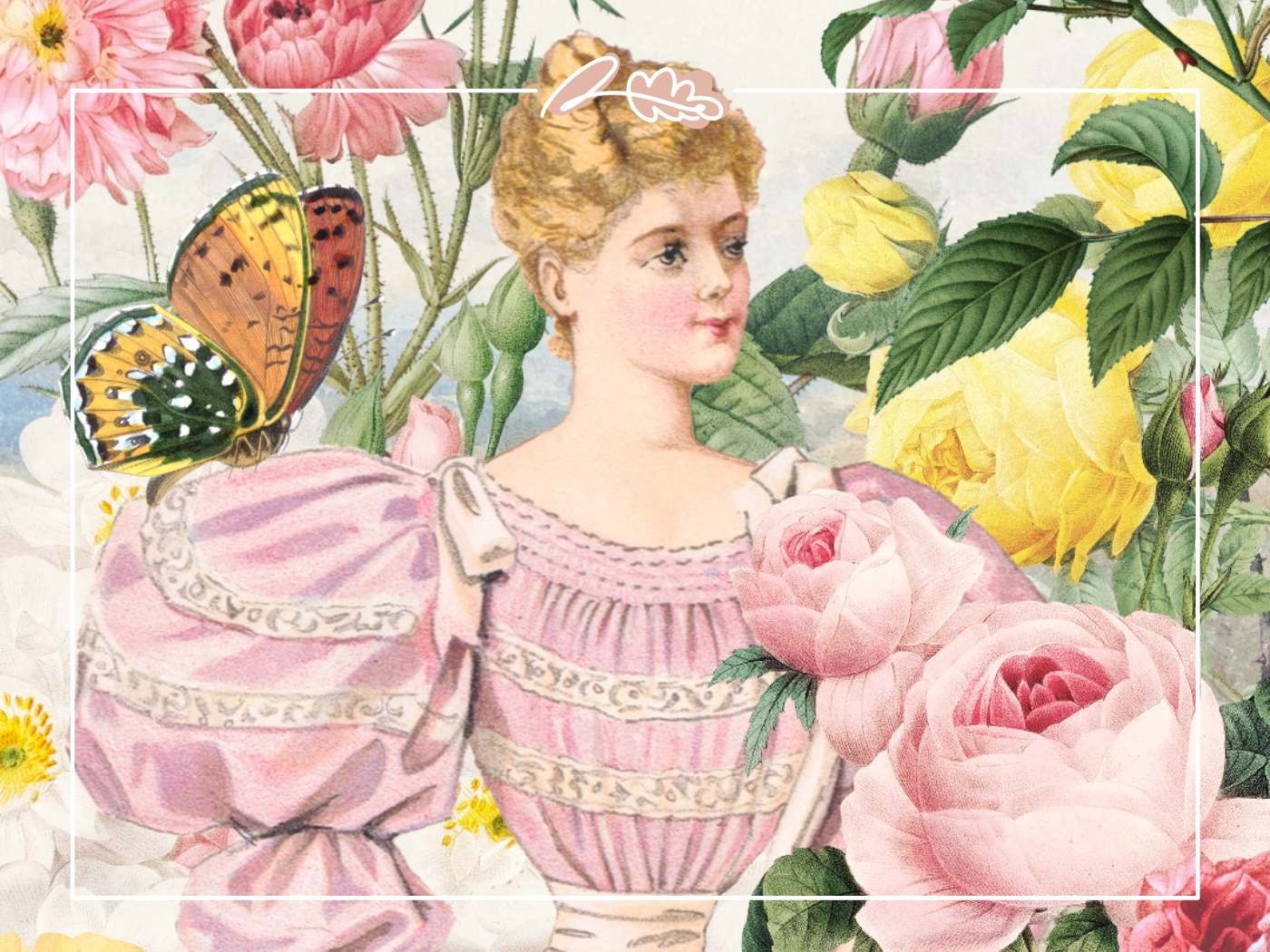
Cultural Perspectives on Love
Love is a universal emotion, but its expressions vary across cultures. In some cultures, arranged marriages are common, with love expected to grow over time. This is not unlike planting a garden and patiently waiting for it to bloom. In other cultures, romantic love is seen as a prerequisite for marriage. Despite these differences, the fundamental human desire for connection and companionship remains constant across all cultures.
The Neuroscience of the Entire Universe of Love
Recent advances in neuroscience have allowed us to peer into the brain in love. Studies have shown that romantic love activates the brain's reward centre, releasing a cocktail of chemicals, including dopamine, norepinephrine, and serotonin. This neurochemical surge is responsible for the euphoria, increased energy, and focused attention characteristic of early-stage romantic love. It's not unlike the rush we might feel when we encounter a particularly beautiful or fragrant flower.
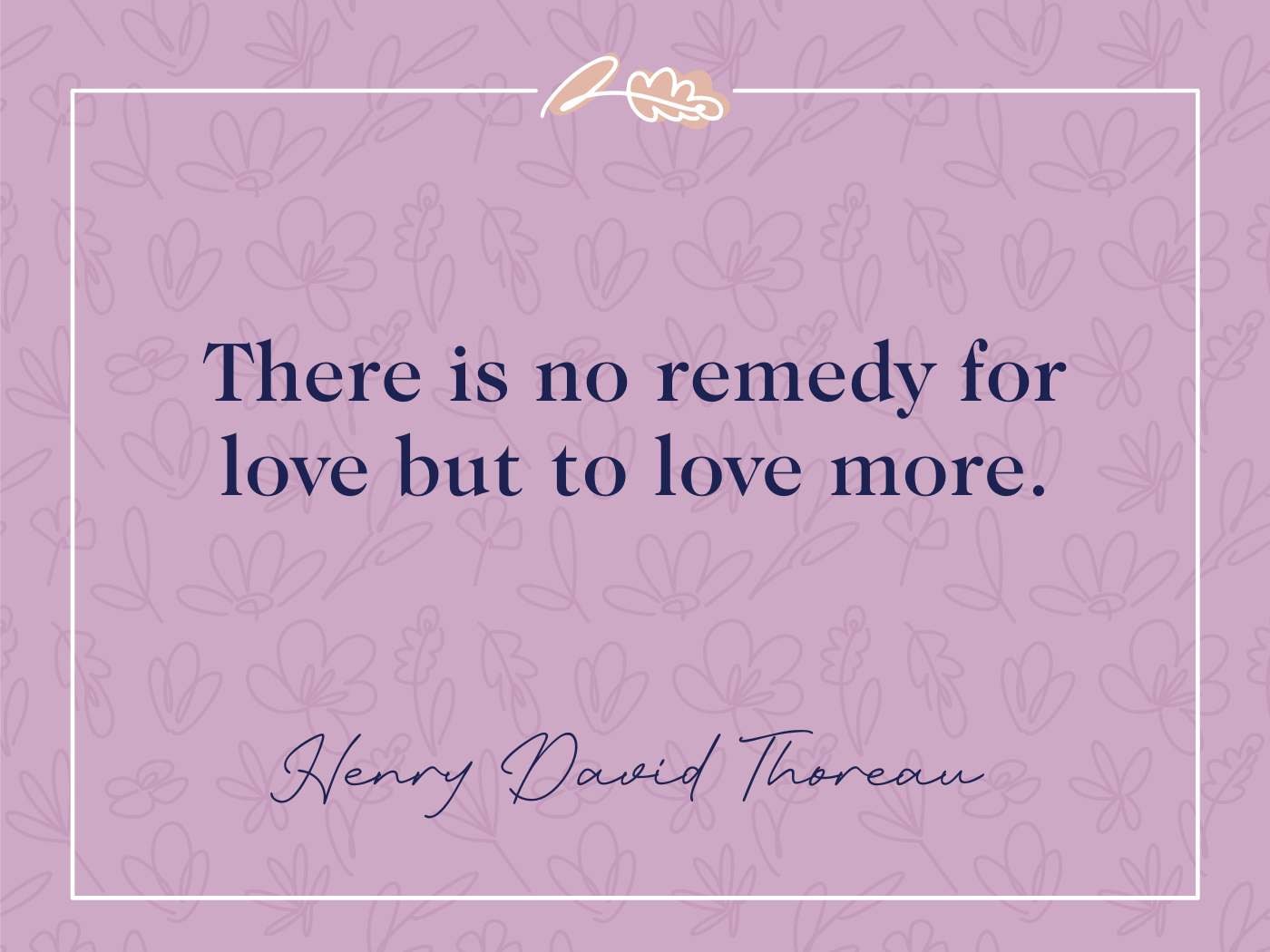
Love and Wellbeing
Research has shown that love and strong social connections are crucial for our well-being. People in loving relationships tend to live longer, have better mental health, and even have improved cardiovascular health. Love, it seems, is as essential to our well-being as sunlight is to a flower.
The Future of Love
As we look to the future, it's clear that while the landscape of love may change, its essence will remain. Technology may alter how we meet and communicate with potential partners, but the fundamental human need for love and connection will persist. Just as flowers continue to bloom year after year, love will continue to be a central part of the human experience.
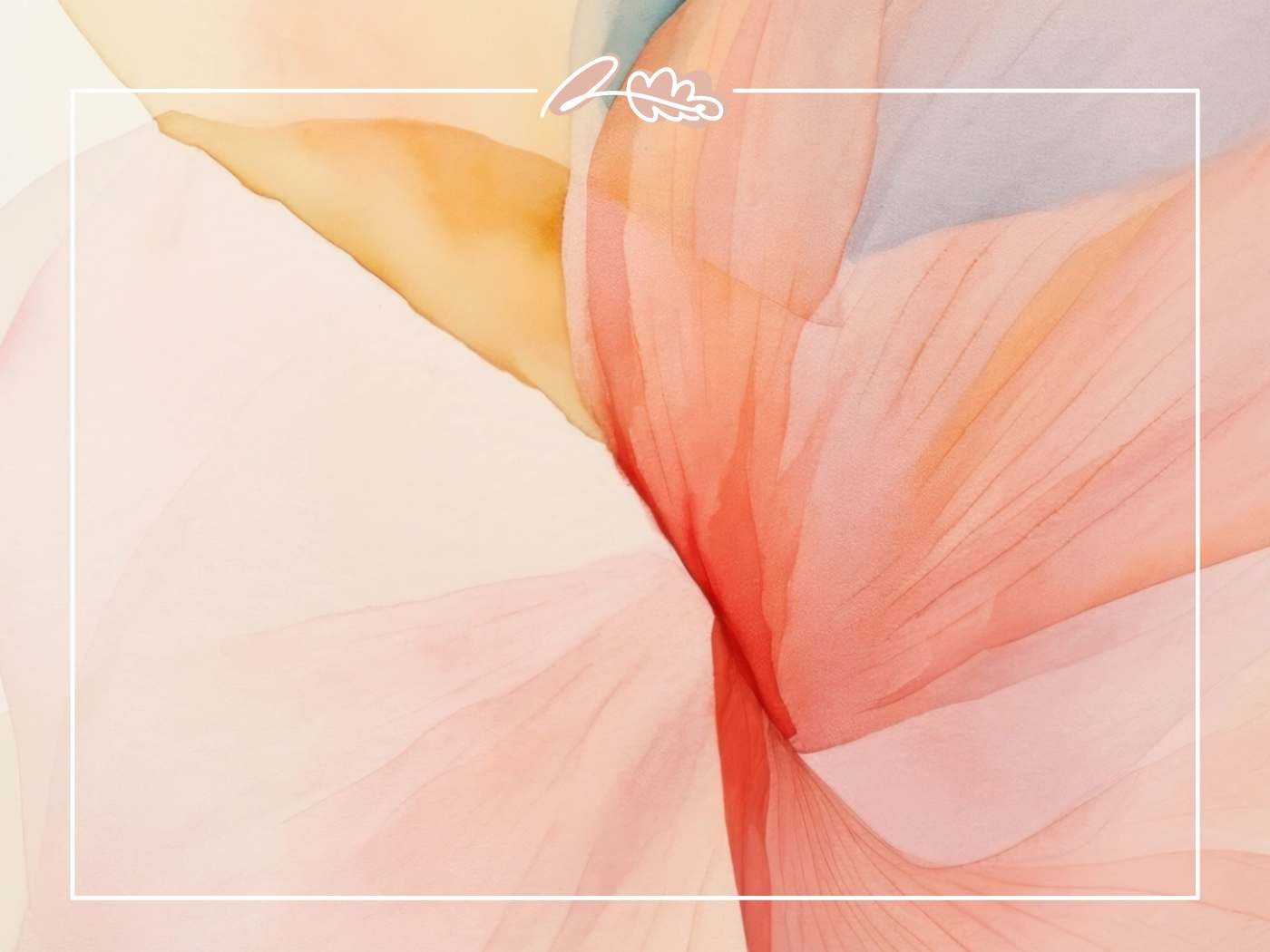
Conclusion: Love's Eternal Bloom
In the end, love remains one of life's great mysteries and joys. Like a beautiful flower, it has the power to captivate us, to fill our lives with beauty and meaning. Whether expressed through poetry, art, science, or simple everyday acts of kindness, love continues to be a driving force in our lives.
As we navigate the complexities of modern life, let us not forget the simple, profound truths that flowers can teach us about love. Like a flower turning towards the sun, may we always turn towards love, nurturing it with care, patience, and understanding. For in the garden of life, love is the most beautiful bloom of all.
Shop gifts of love this Valentine's Day, Just Because or Gifts for Her and our gorgeous Anniversary Gifts.
